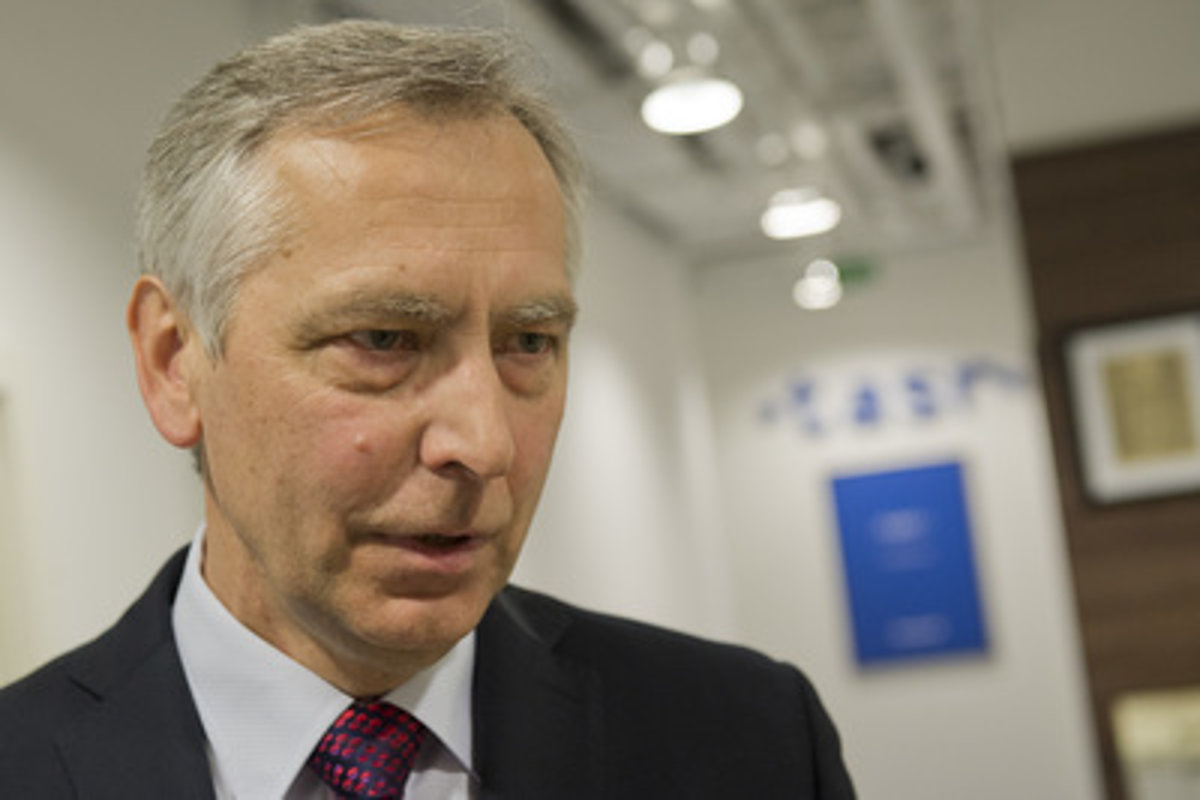
The European Union needs to develop an overarching religious freedom policy strategy, and strengthening the mandate of the Special Envoy is an important step towards this, writes CSW’s Amy Shepherd for Brussels-based news site The European Post.
The position of the Special Envoy for Freedom of Religion or Belief (FoRB) outside the EU was created in May 2016. Since then the Slovak politician Ján Figeľ has not only used his role to represent the EU in its engagement with religious freedom as a human right, he has also “valuably affirmed and encouraged people worldwide working to protect and defend FoRB in challenging country contexts”, says Shepherd, CSW’s EU Advocacy Manager.
She says Figeľ has set a standard for EU Member States to follow, despite limited resources and little guidance.
Since the beginning of this year both Denmark and the UK have created positions within their governments dedicated to FoRB.
At the start of Figeľ’s one-year tenure, in September 2016, Volker Kauder, parliamentary group leader for Angela Merkel’s conservative Christian Democratic Union of Germany Party, bemoaned the fact that the Special Envoy could give only two days a month to the role and had only one assistant. As World Watch Monitor reported, Kauder promised he would try to change this.
Two years later the draft resolution currently under consideration by the EU Committee on Foreign Affairs calls for a strengthening of Figeľ’s mandate and capacity “by earmarking funding and human resources adequate to the Envoy’s duties, developing a systemic institutionalisation of working networks established by the Special Envoy within all relevant EU institutions or establishing the position of the EU Special Representative for FoRB”.
It also suggests the setting up of a “regular advisory working group of Member States’ FoRB institutions and European Parliament representatives together with experts, scholars, and representatives of civil society, including churches and other faith-based organisations”.
“To be fully effective, the Special Envoy role needs to be more holistically integrated into EU human rights policy structures,” says Shepherd.
Shepherd’s article echoes the views of the Members of the European Parliament Intergroup on Freedom of Religion or Belief, who said two weeks ago that the Special Envoy’s position should be strengthened and that he should play a more visible and central role in the EU’s external relations.
